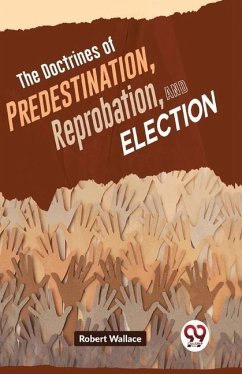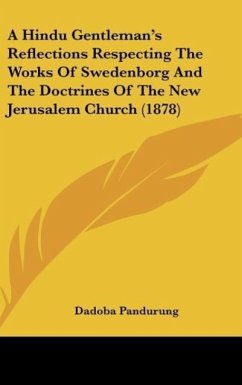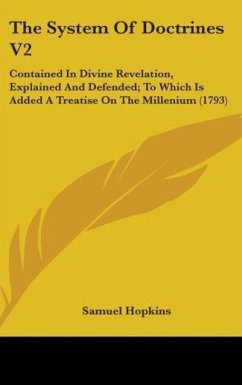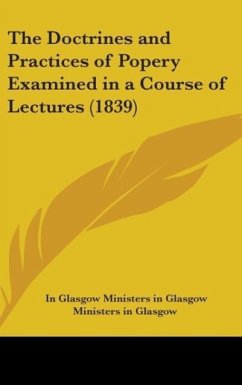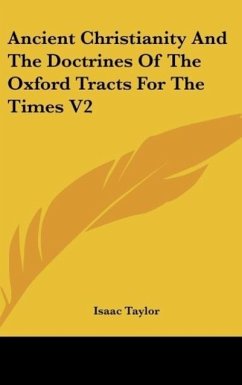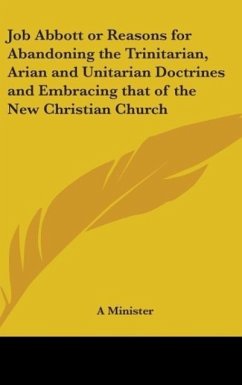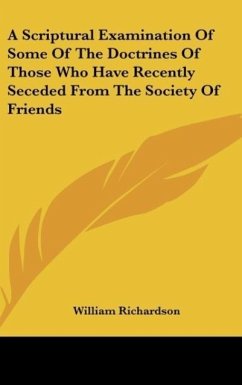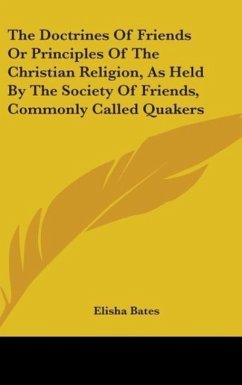Robert Wallace's theological thesis 'The Doctrines of Predestination, Reprobation, and Election' examines these contentious ideas in Christian belief. The book examines the different interpretations and conflicts that have surrounded these beliefs over the years as it digs into the historical backdrop of those teachings. Wallace offers a thorough examination of each theory, looking at its biblical foundations and theological ramifications. The book also examines how these ideas might be interpreted philosophically and ethically, particularly in regard to issues of divine sovereignty, justice, and free choice. The author invites readers to engage with these difficult theological concepts on a deeper level by offering a thoughtful and nuanced exploration of them.

